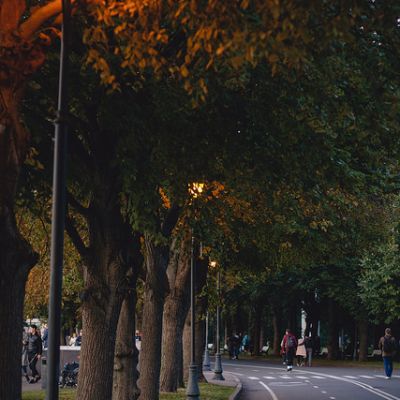PDA
Sexuality is taboo in our context, and expressions of it publicly or even in the home setting outside the bedroom, especially by those who are not in ‘legitimate’ relationships ‘alarm the modesty’ and are generally considered anti-culture or simply categorised as Western concepts.
With access to private spaces taken away on account of the pandemic, suddenly couples from liberal and affluent backgrounds found themselves in the same position as couples from less privileged backgrounds – desperately looking for pockets of privacy.
Six years later (and out of such an abusive relationship), as I sit in a Gender Studies classroom discussing public and private spheres, being introduced to the feminist ideology of the personal being political, I reflect back and see my experiences as emerging from a complex discursive pattern. The peculiar way in which heterosexual romantic relationships are envisaged and the potentiality of them being disruptive of traditional arrangements of companionship requires them to be manifested outside of the four walls of home and family. Yet, one faces a situation of a pathetic lack of safe spaces within the public sphere and the traditional discourse of love being private and contained within the private sphere…
In our mid-month issue, Stuti Tripathi considers whether raising the minimum age of marriage for women from 18 to 21years is indeed a one-stop solution to check early marriages. She brings to our attention the many factors, such as family pressure, inaccessible educational and financial resources, traditionally defined roles of women, and gender-based marginalisation that together lead to early marriages and argues that young people need rights not protection.




